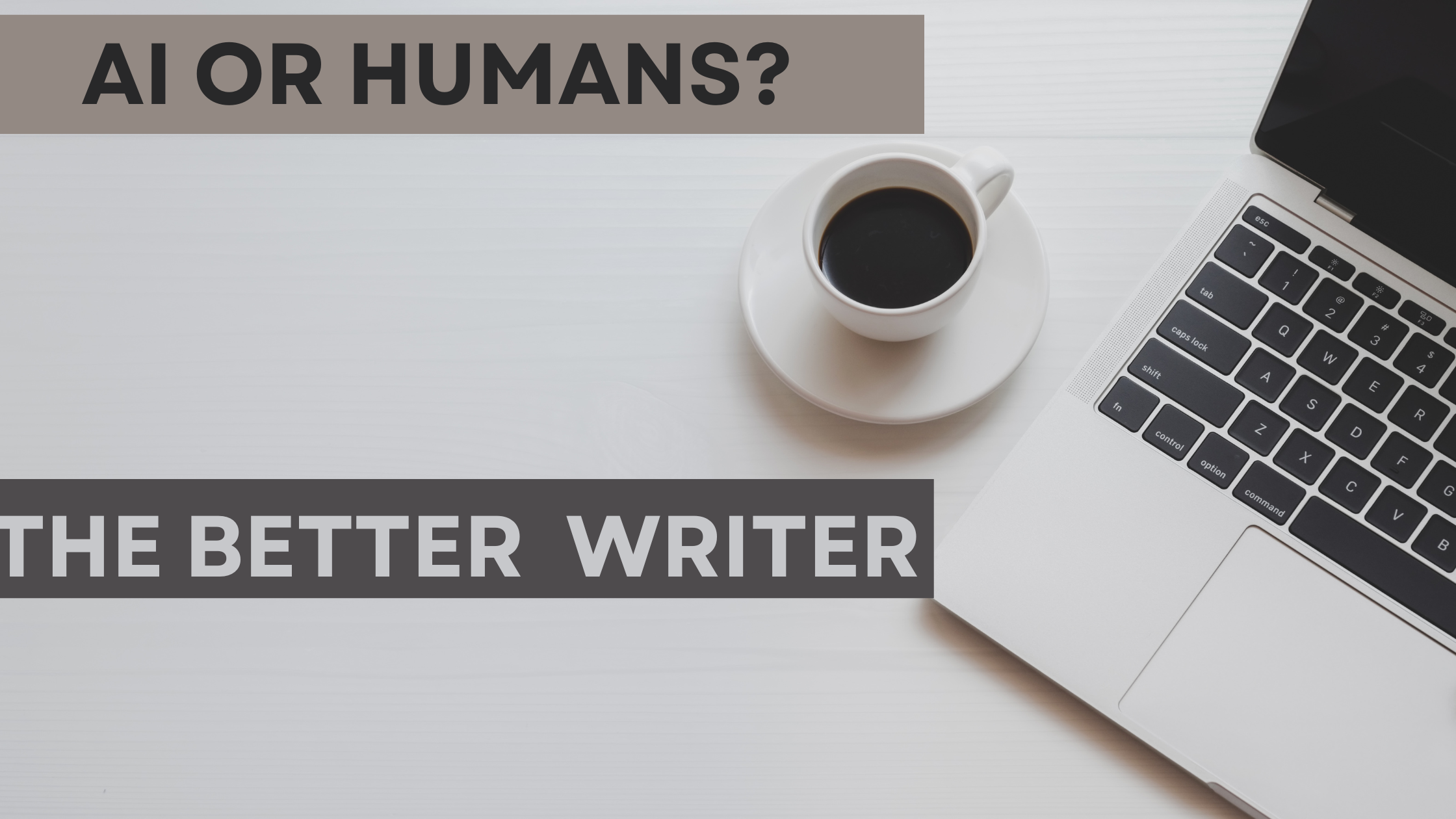As AI has become omnipresent, one question that content writers and clients alike face is: Whose words connect better with the audience? After all, it’s all about establishing the connection and strengthening it.
Let us dive into this interesting topic and try to understand their strengths, and limitations to know who will ultimately run the show. And for this, we must know the specific virtues of both these entities that set them apart.
The Humans vis à vis AI
Human beings with their emotions and intelligence are characterized by their quirkiness.
- Human writers have a unique blend of creativity and originality, which may be far from perfection, but it is unique, nonetheless. The AI chatbot, on the other hand, is enjoying fame for its consistency and accuracy. People marvel at its efficiency and precision. A blog that may take a human over a couple of hours to write, can be written by an AI chatbot in a matter of minutes. Not to mention, the need for grammar checks on the blog. It is safe to say, AI’s speed, accuracy and scalability cannot be matched.
The advocate for human content will often present this as the lack of human touch and emotions, making the writing appear robotic, because, why not, after all, a robot has written it.
“You don’t have to reinvent the wheel; you just need to share your unique perspective on why the wheel is important.”
Page One Power
- Humans are creatures of emotions and mood swings—which is a double-edged sword and can swing both ways. The same emotions that bring out the best in them, imparting depth and relatability to their content, sometimes get their worst too, in the form of unintentional rambling and tangents. AI is devoid of this—for its writing will be matter-of-fact.
- The tireless AI chatbots may often complain that they will never experience writer’s block. They can produce scalable content at the speed of light, literally, and are certainly better than their caffeine-fueled counterparts who camouflage their procrastination in the umpteen cups of coffee, to fight the blank screen or paper staring right back at them.
- One area where the humans score way above the AI writer is the risk of content being misinterpreted or lost in translation. For instance, a sarcastic tone in “Warding off Monday blues” may generate results about ways and means to make the dreaded Mondays more productive. Or the humorous take on “Boss is always right” will meet tips and tricks on how to be the boss’s favourite in all situations. Trust Humans to come out with brilliant takes and pages of humour and satire churning content on both these topics—because out of 8 billion humans inhabiting this planet, and 40% being employed, at least 75% of them are riddled with the predicament captured by both these topics.
The Clash of the Titans
Let us understand this with the help of an example—A Blog on ‘the life of a Working Mom’. If an AI writes this, sure, the article will be elaborate with all the pointers on the challenges faced, and probable solutions therein as follows:
- Significance of work-life balance
- Extended work timings
- Commute time
- Self-care
- The challenges of getting childcare
- The professional insecurities of being a Working Mother
- The financial implications
- And so on.
Compare it with a blog written by a human—who may have come in contact with a real working mom in flesh and blood or, may herself be one. The blood, sweat and tears that this blog will have, from the challenges of bringing another human into this world, to the perils, joys and sorrows of raising him along with chasing a fulfilling career, the roadblocks, the hits and the misses—it will have all the ingredients of a blockbuster. The flaws of a human that characterises them, is what makes the blog relatable and engaging—resonating with its audience.
“No tears in the writer, no tears in the reader. No surprise in the writer, no surprise in the reader.”
Robert Frost
Coming to the technicalities of online content writing, in terms of SEO and driving online traffic, an AI-written blog or content piece may score higher in the initial days, but some studies show eventually, it’s the human content that is king.
Going back to the question: Who is a better Content writer? It is up to you, the reader to find the answer. Whether the need of the writing is a matter-of-fact content piece that speaks to the senses of its audience, or a blend of both.
Takeaways
Content writing is today poised to become the world’s fastest-growing industry, and with the arrival of AI, it is at the culmination of an age that will thrive on collaboration. At best, AI can prove to be an excellent Assistant to speed up the writing process—which humans can use to improve their craft but not replace them.
After all, master storytellers like Khaled Hosseini, Walt Disney or JK Rowling are all humans, and so are brand storytellers like Piyush Pandey, Prasoon Joshi, and Prahlad Kakkar.
AI and humans are here to co-exist—Ultimately the quality of content delivered will be decided by only one factor—Who controls whom.
